Seasonal Hair Oil Guide: Best Oils for Summer, Monsoon & Winter
Every 3-4 months, we all go through the great wardrobe switch! That thing where we go from thick and warm layered clothes to thin and sleeveless tees.
And while wardrobes are the most obvious ones, this switch happens for almost everything! Be it the food you eat, the things you do, the beverages you consume, or even your skincare routine.
But the one thing that most of us keep forgetting to switch is hair oils. In fact, we don’t even think about it! No matter the weather, the bottle and the routine remain the same. And yet we have the audacity to remain shocked that our hair is shedding more or that it has become greasy and frizzy, depending on the season.

Now I’m no wise angel either. I’ve been there and done all of that too, but not anymore. Because now I’m aware that it is not just me or my clothes who are fighting the seasonal battle, but my hair too. And if they get customised seasonal weapons, then my hair should too!
“Is oiling hair good?” is the question you’ve been asking for ages, yet it is a thing you have been doing incorrectly (albeit unknowingly). It’s time to change that. If you, too, would like to know how to oil smarter with the right oils for every season (so that your hair can also keep up with the change in weather), continue reading!
Table of Contents: |
Why Your Oiling Routine Should Change With the Seasons
Hair isn’t just affected by the things you eat or the products you use. Factors comprising the external environment, like temperature, humidity, and pollution levels, dramatically affect your scalp’s oil production, moisture level, and overall hair health.
Hence, in summer, your hair requires something cooling and lightweight. Monsoon requires protection against humidity-induced frizz and scalp infections. Finally, in winter, your hair starts craving deep nourishment and hydration.
Adjusting your oiling choices and techniques according to the seasons is not just smart; it’s essential if you want strong, manageable, and vibrant hair all year long.
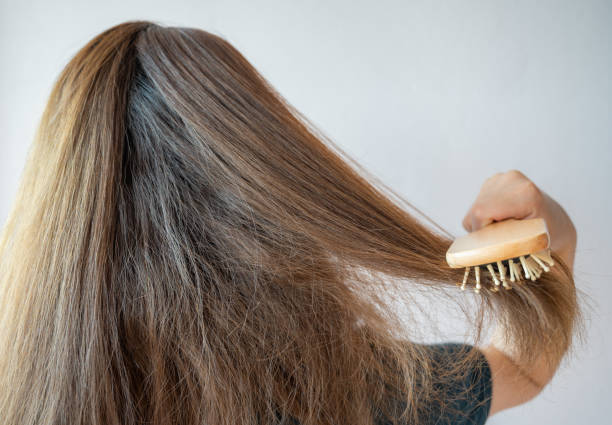
How Seasonal Changes Affect Hair Health
The reason our hair oil needs to change seasonally is so that it can keep up with the factors that affect it, as they change seasonally too!
-
Humidity (especially in the monsoon) swells the hair shaft and causes frizz and dullness.
-
Dryness (mostly in winter) strips the hair of natural oils and leads to breakage, split ends, and scalp flakiness.
-
UV rays (most harsh in summer) damage hair proteins, fade hair colour, and make strands brittle.
-
Pollution (ever-present but worse in dry and rainy seasons) clogs the scalp pores and weakens hair roots.
So, no wonder your regular hair oil from December feels suffocating in May!
If you're still asking yourself, “Is oiling hair good?”, just imagine it as a natural shield that protects and repairs your hair from these seasonal bullies.
Best Oils for Summer
In summer, all you want is something ~cooling~. Well, so does your hair! This is so that your sebum production remains in control and your scalp is protected from heat. Not to mention that heavy oils can trap sweat and dust, which would just make things worse.
Top Summer Oils:
-
Brahmi Oil: It cools the scalp, reduces stress (a hidden and major cause of hair fall), and promotes hair thickness.
-
Coconut Oil: It not only deeply penetrates the hair shaft but also offers natural SPF and helps to keep the hair strong without making it feel greasy.
-
Amla Oil: Being rich in vitamin C and antioxidants, amla helps prevent summer-induced hair thinning and premature greying.
Summer Hair Protection Tips:
-
Oil lightly before heading out to the beach or pool.
-
Mix oils with a few drops of vitamin E oil for extra UV protection.
-
Avoid heavy overnight oiling in summer. A couple of hours before shampooing is perfect.
Best Oils for Monsoon
I’m one of the few people who love the monsoon and think it's romantic, but my (and your) hair strongly disagrees. The constant humidity during monsoons can cause frizz, limpness, and fungal scalp issues. Yikes! So much for romance! Hence, this season demands oils that fight frizz and help to keep the scalp clean.
Top Monsoon Oils:
-
Neem Oil: Being a powerful antifungal agent, it is ideal for those prone to dandruff and scalp infections.
-
Rosemary Oil: It stimulates blood circulation to the scalp, helps control hair fall, and offers a fresh aroma that battles that "monsoon hair smell".
-
Tea Tree Oil: A few drops of it blended with carrier oils can prevent bacterial and fungal infections without clogging pores.
Application Frequency for Monsoon:
-
Once a week is usually enough during the monsoon.
-
Always follow up with a gentle, clarifying shampoo.
-
Focus more on the scalp during oil application to prevent microbial build-up.
Best Oils for Winter
Winter is ALL about cosiness! But not for your hair! For that, it is all about dehydration and brittleness. Hence, oils that deeply nourish and lock in moisture are crucial to survive the cold without ending up with straw-like strands.
Top Winter Oils:
-
Castor Oil: It is thick (like your sweaters), rich in fatty acids, and brilliant for locking in moisture and boosting hair growth.
-
Sesame Oil: This one is a traditional winter favourite; it warms the scalp, boosts circulation, and strengthens hair roots.
-
Almond Oil: Truly deserving of the hype; lightweight yet ultra-nourishing and packed with vitamin E, almond oil combats dryness and adds shine.

How to Layer Oils for Winter Hydration:
-
First layer: Apply a light oil like almond oil to coat the strands.
-
Second layer: Seal it in with a thicker oil like castor or sesame, especially on the ends.
-
Wrap your hair in a warm towel after oiling for deeper penetration.
Seasonal Hair Oiling Routine
If you think knowing the right oils has gotten you sorted, you are once again completely wrong. With hair oiling, it’s not just about the right hair oil but also about the timing, technique, and frequency according to each season:
-
Summer: Summer requires light oiling 1-2 times a week, and for 1-2 hours max. Overnight oiling should be avoided.
-
Monsoon: Oiling during monsoons should be minimal, once a week, and should focus more on scalp health. You must always wash your hair the same day.
-
Winter: Deep oiling is required during winters, around 2-3 times a week. It is recommended that the oils be layered to provide extra moisture and should be kept overnight.
Pre-wash tip: Gently detangle your hair before oiling to avoid breakage.
Post-wash tip: Apply a few drops of light oil (like almond oil) on damp hair ends to seal moisture.

Conclusion
Coming back to the golden question: Is oiling hair good?
Absolutely, if done right. Seasonal hair oiling helps your scalp adjust to environmental stress, keeping hair stronger, shinier, and way more manageable. Choose oils wisely, tweak your routine with the weather, and your hair will repay you with good hair days all year round.
Because honestly, why should clothes have all the fun (wink wink)!


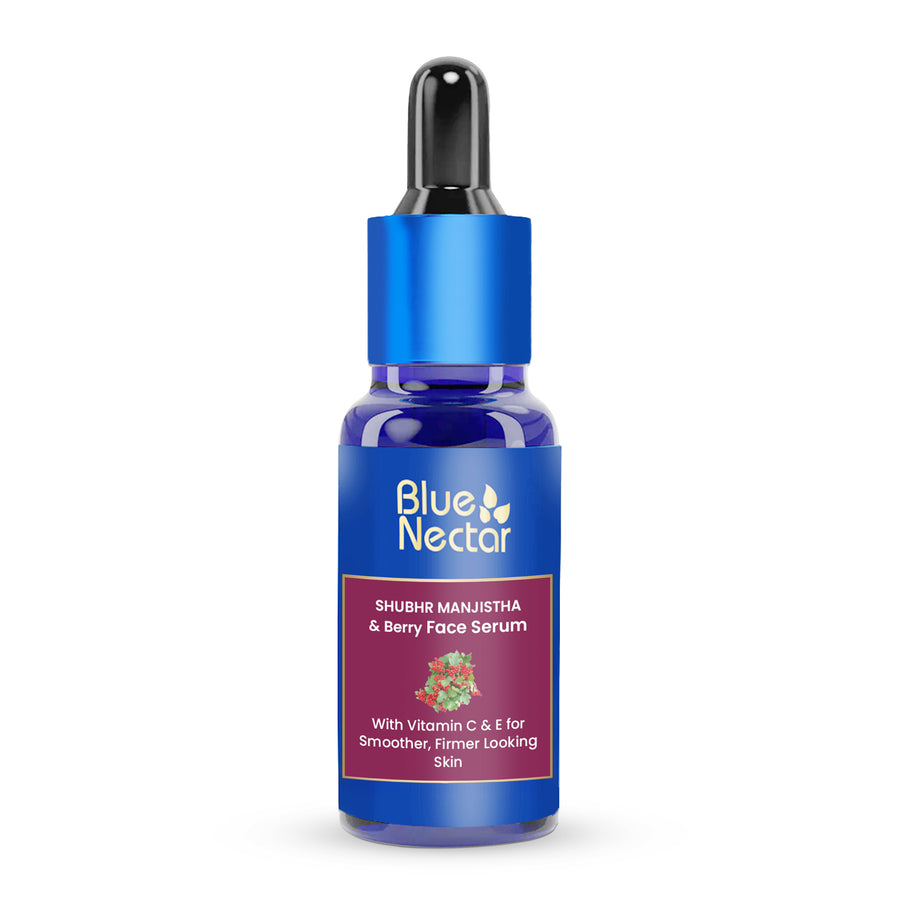
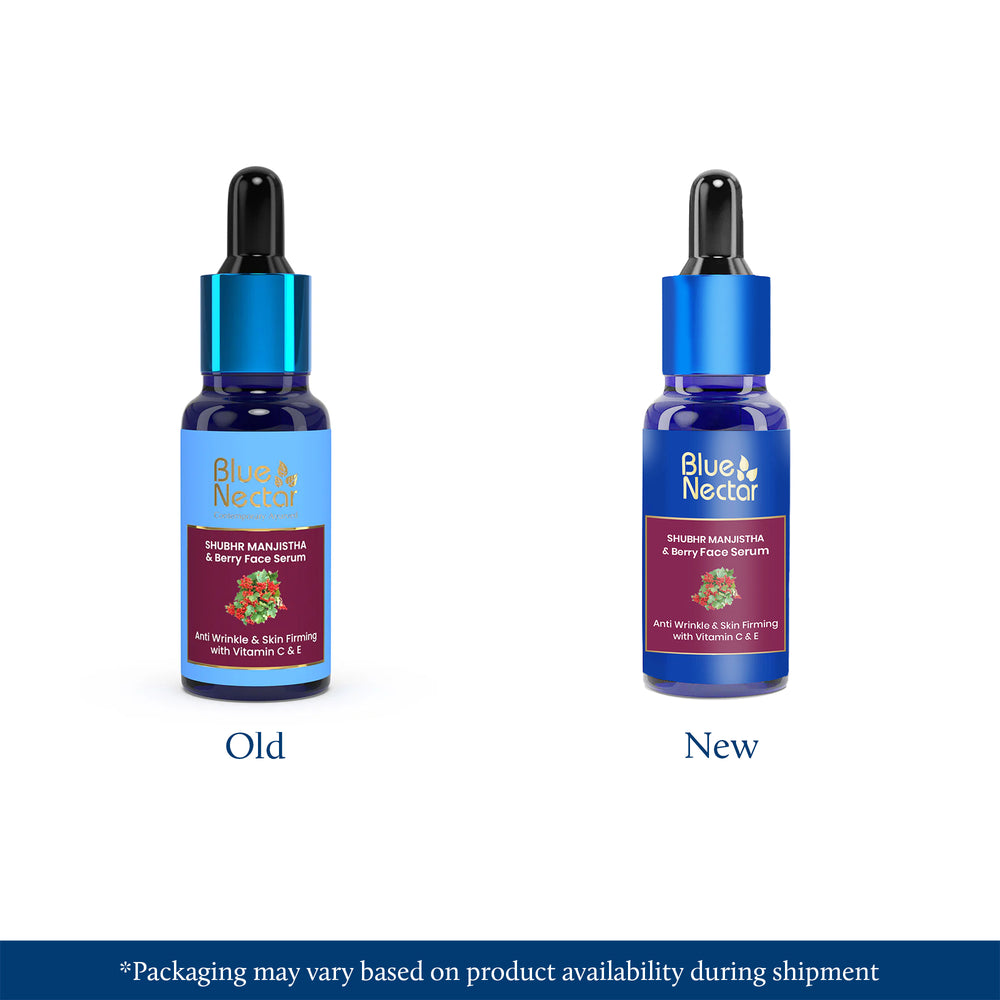
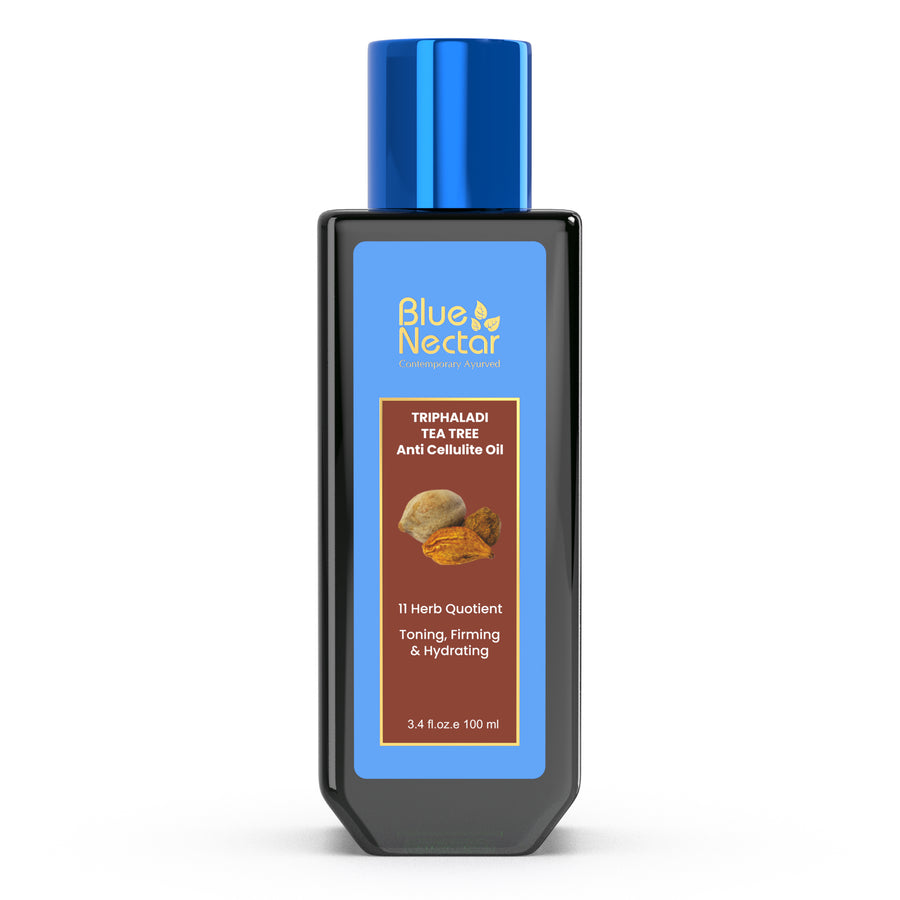
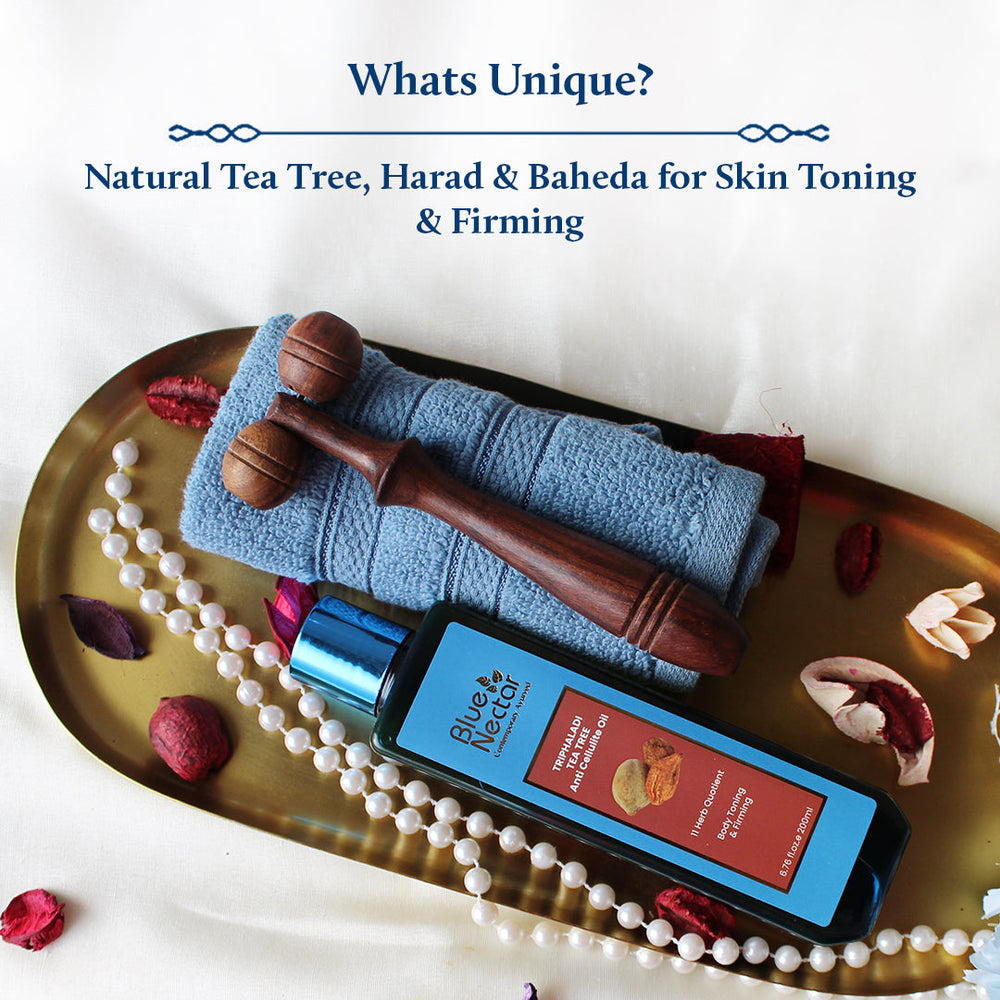
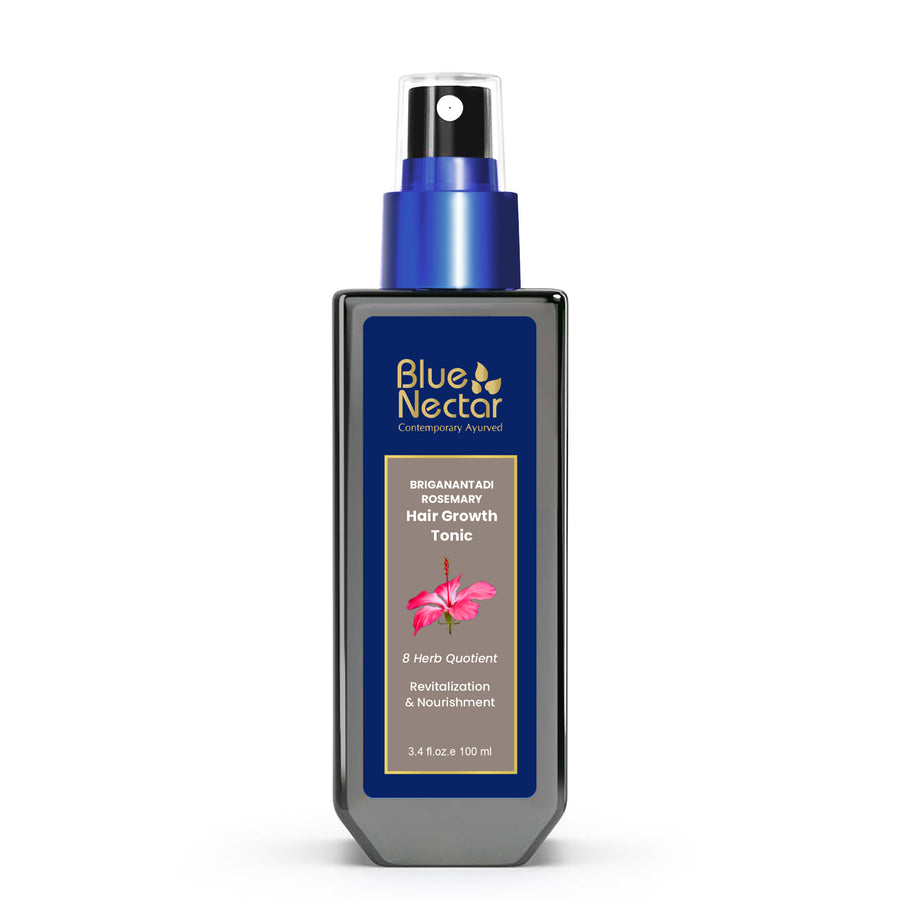
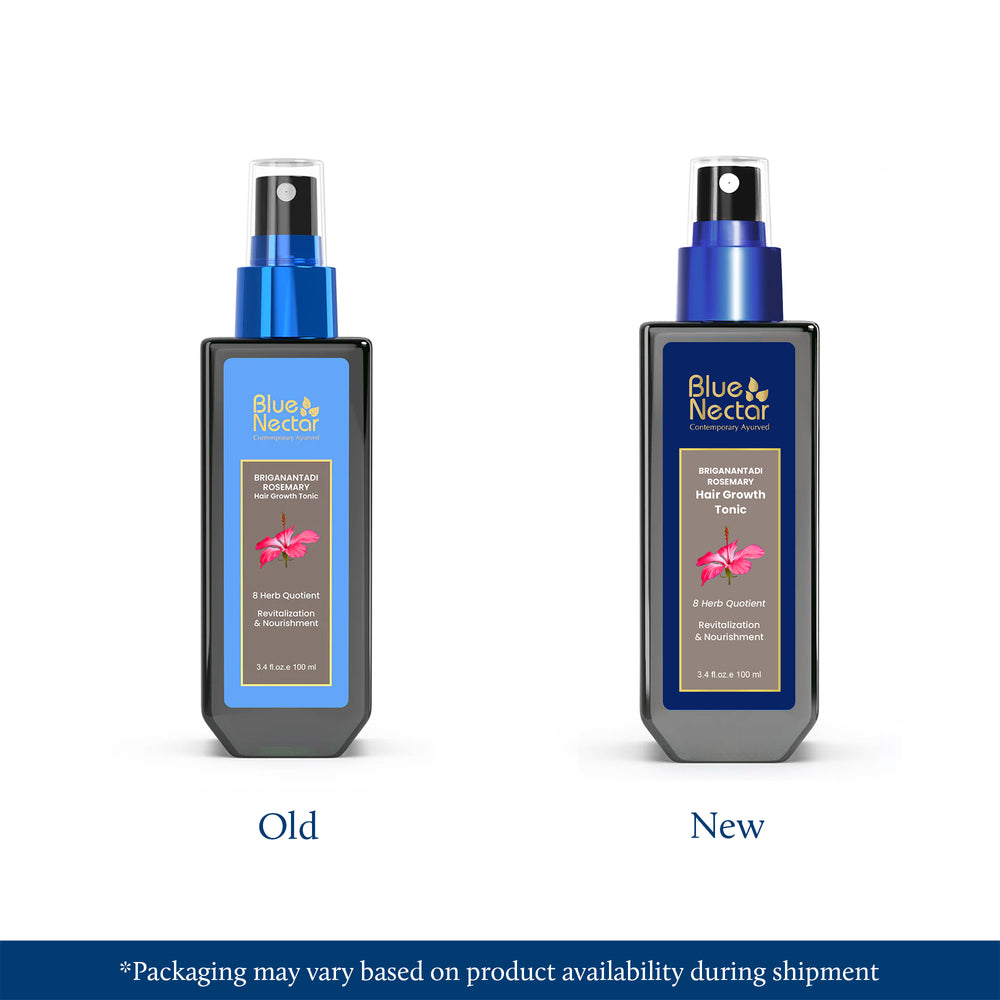
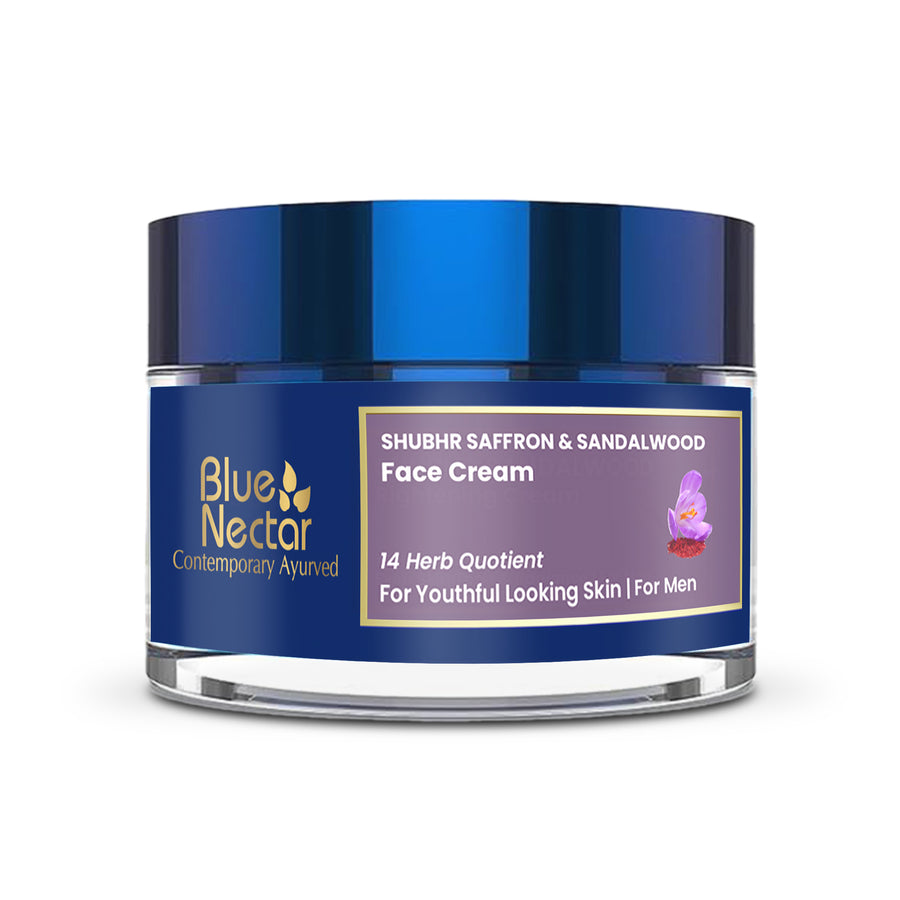
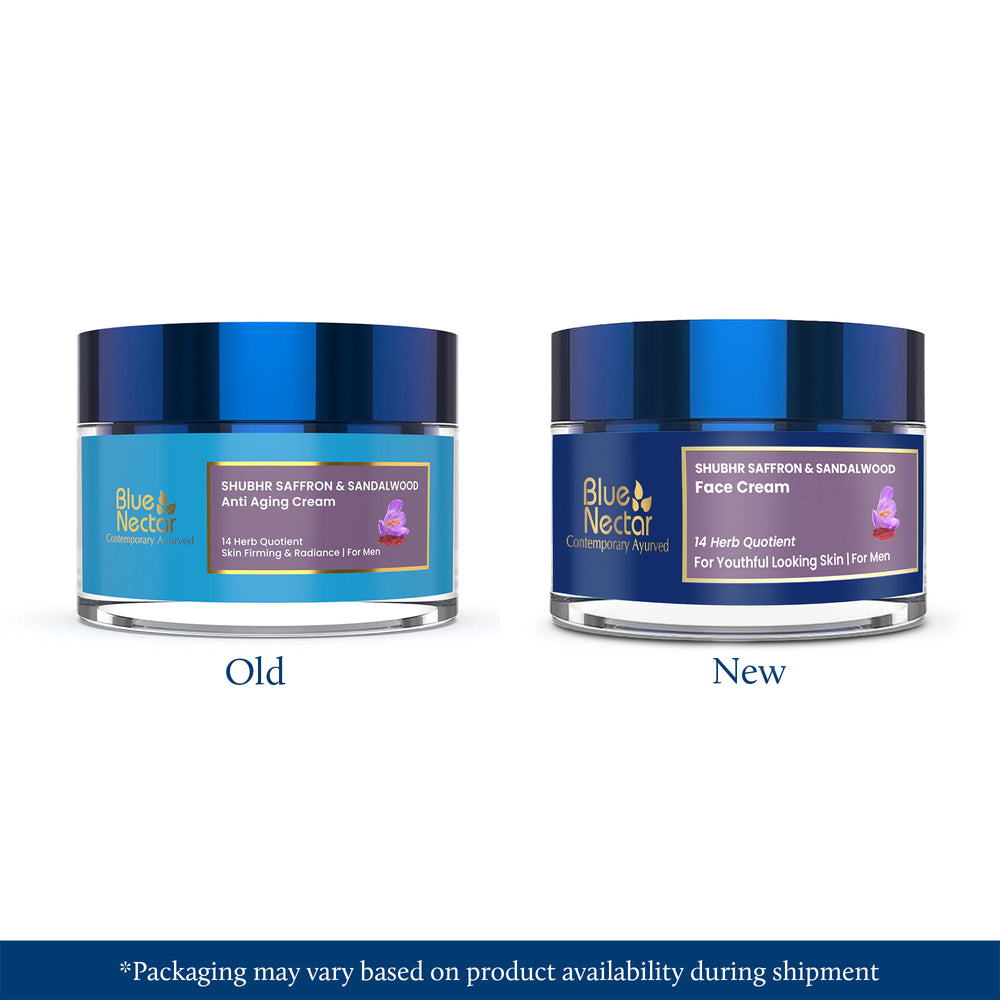
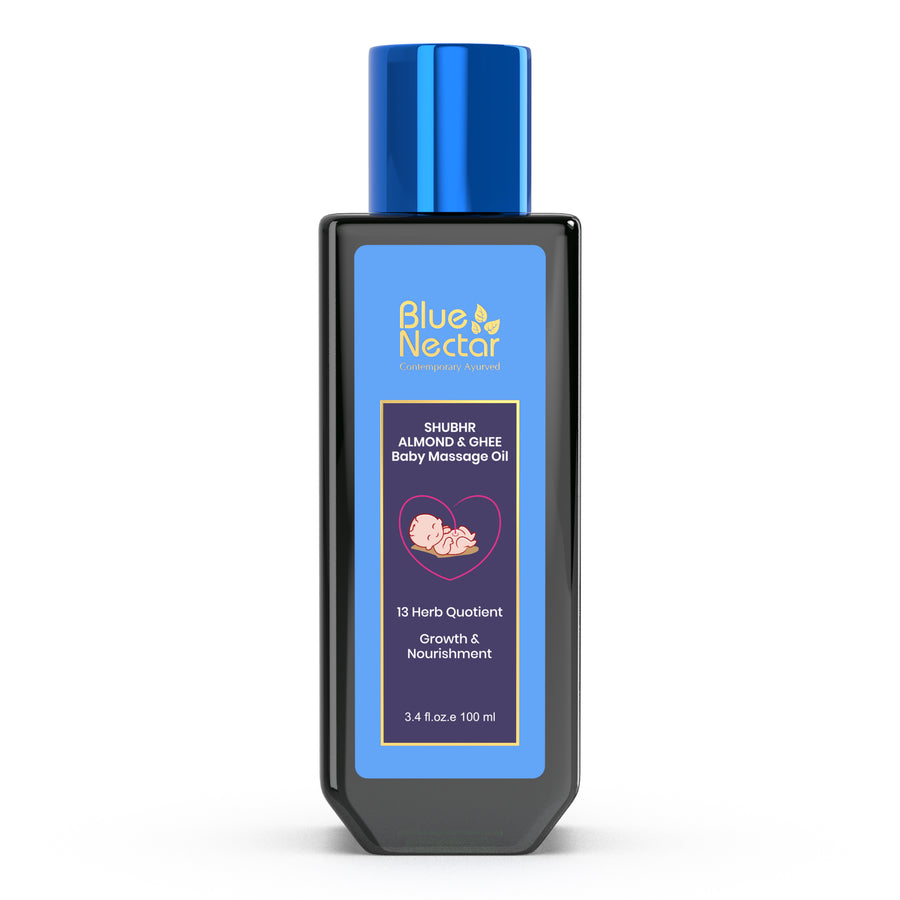
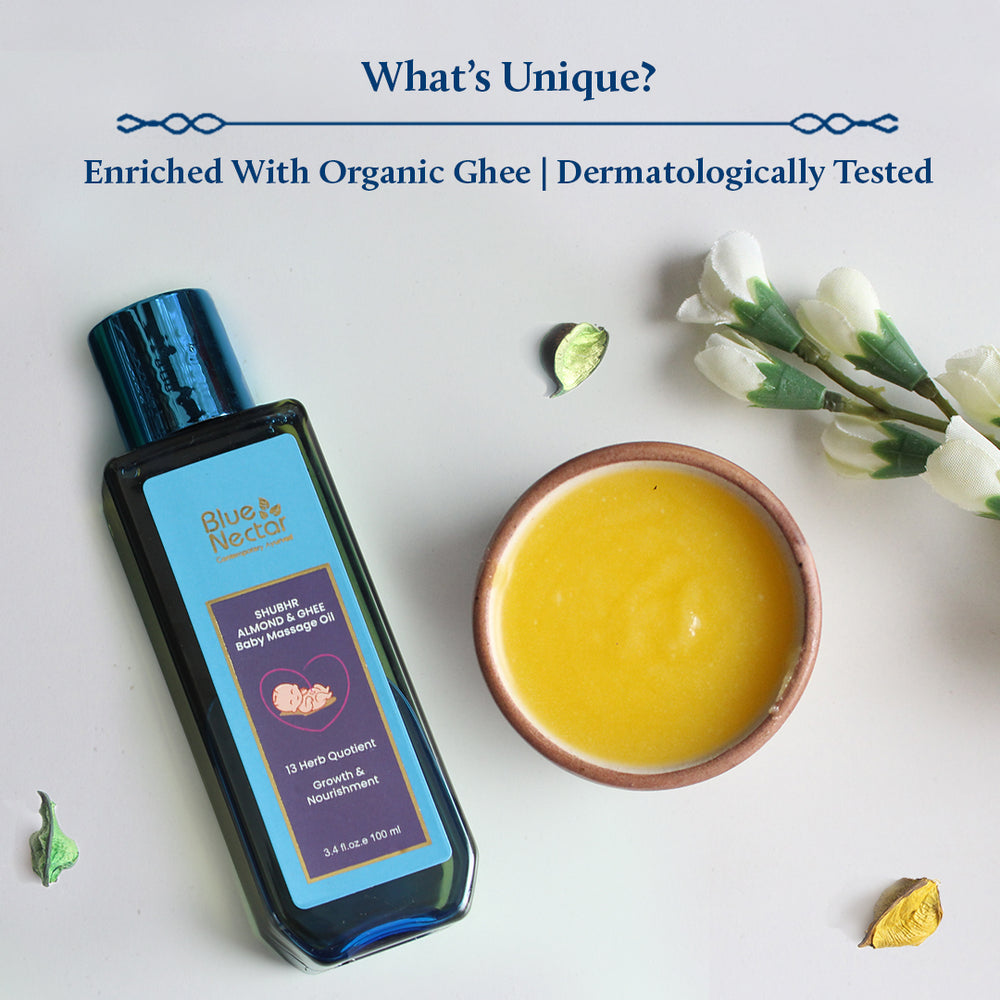
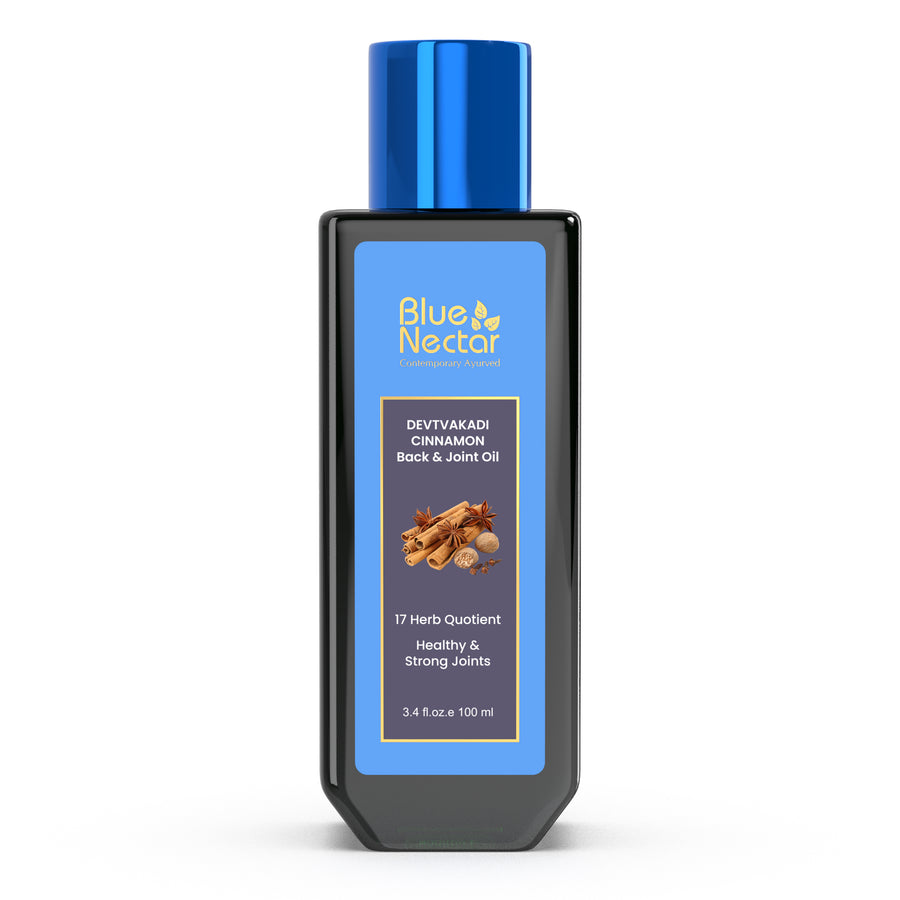
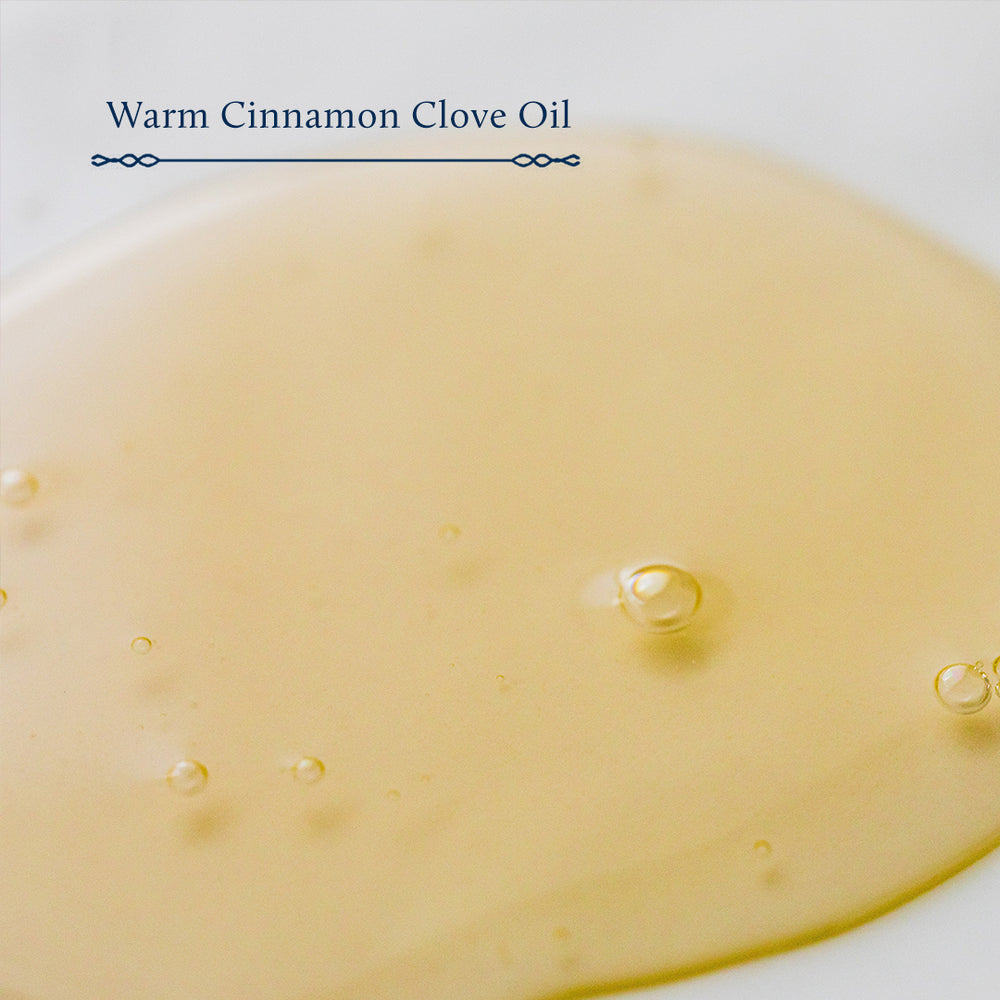



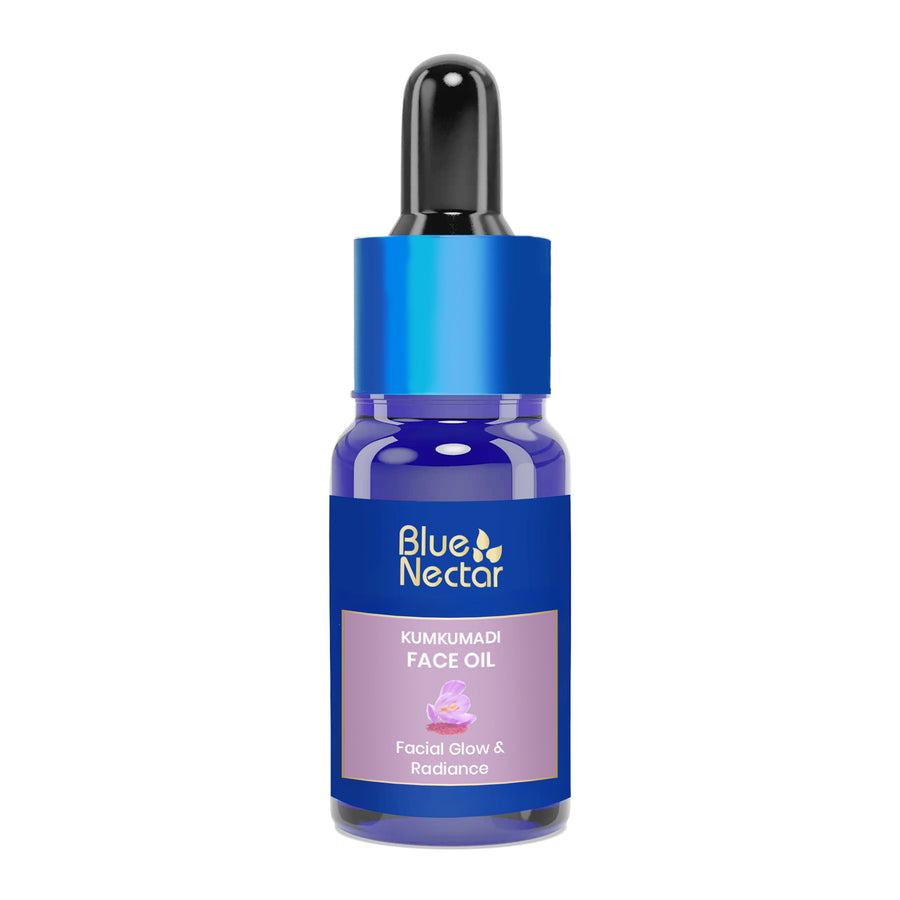
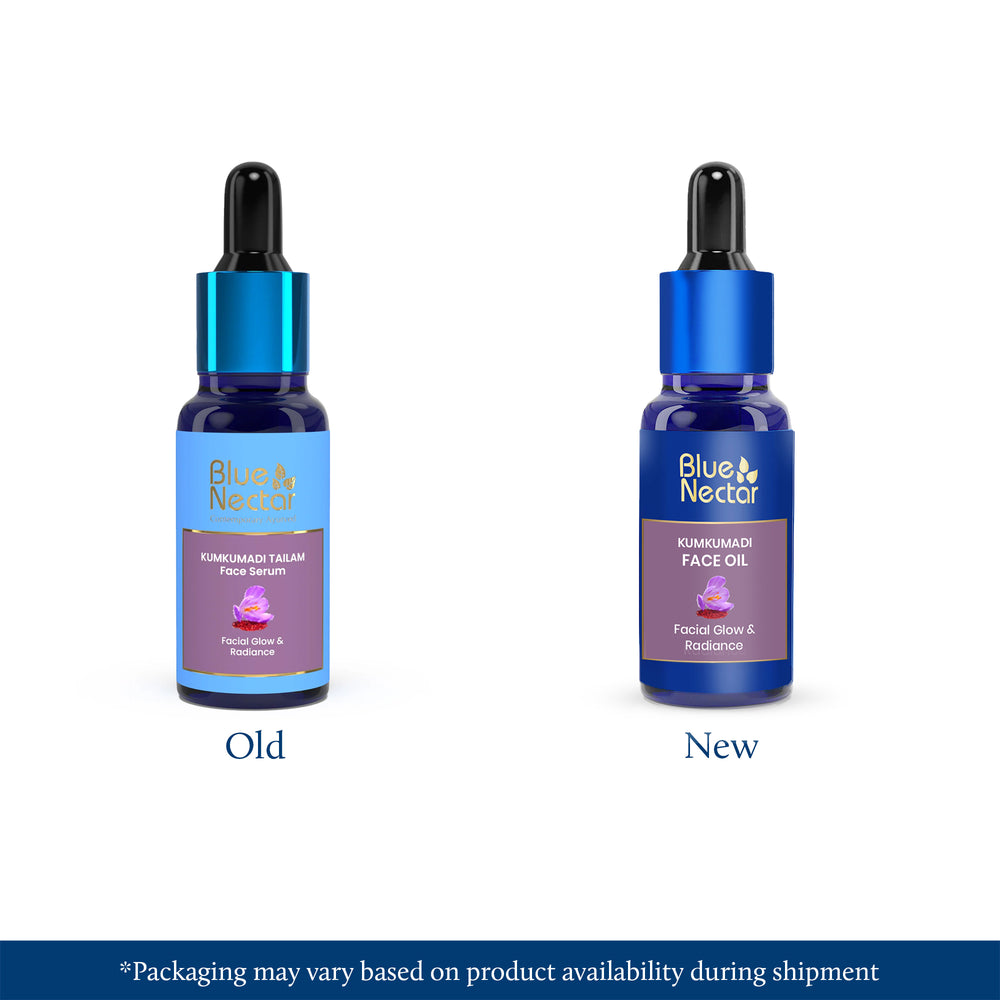
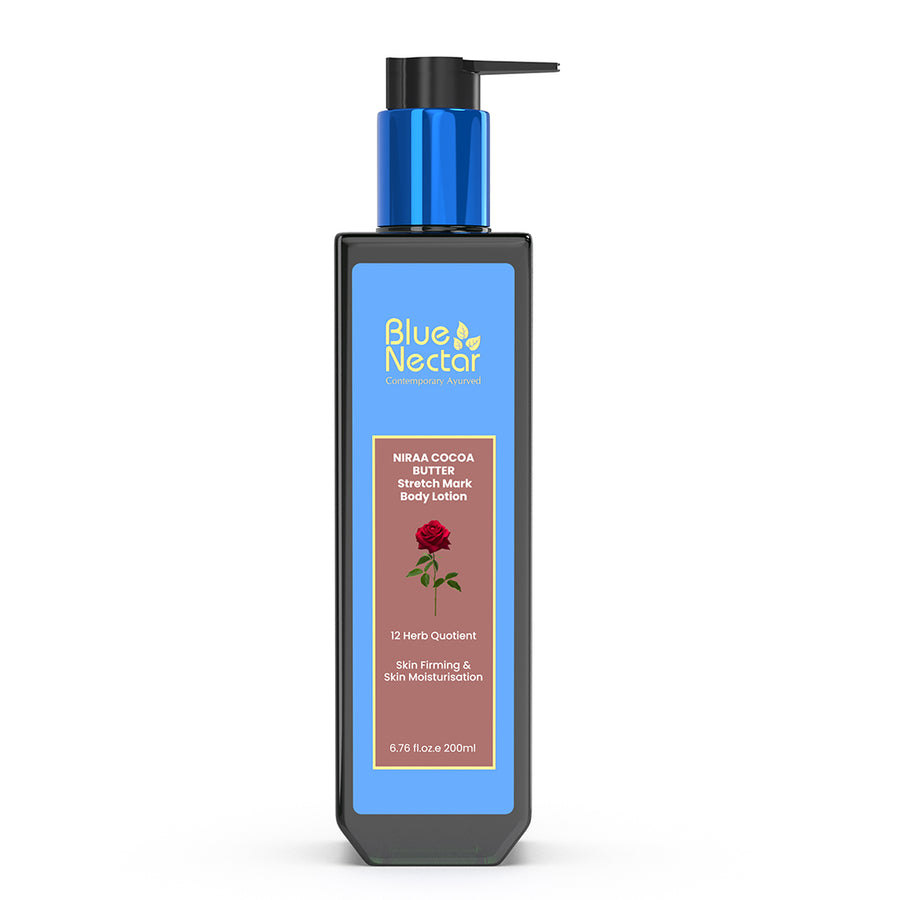
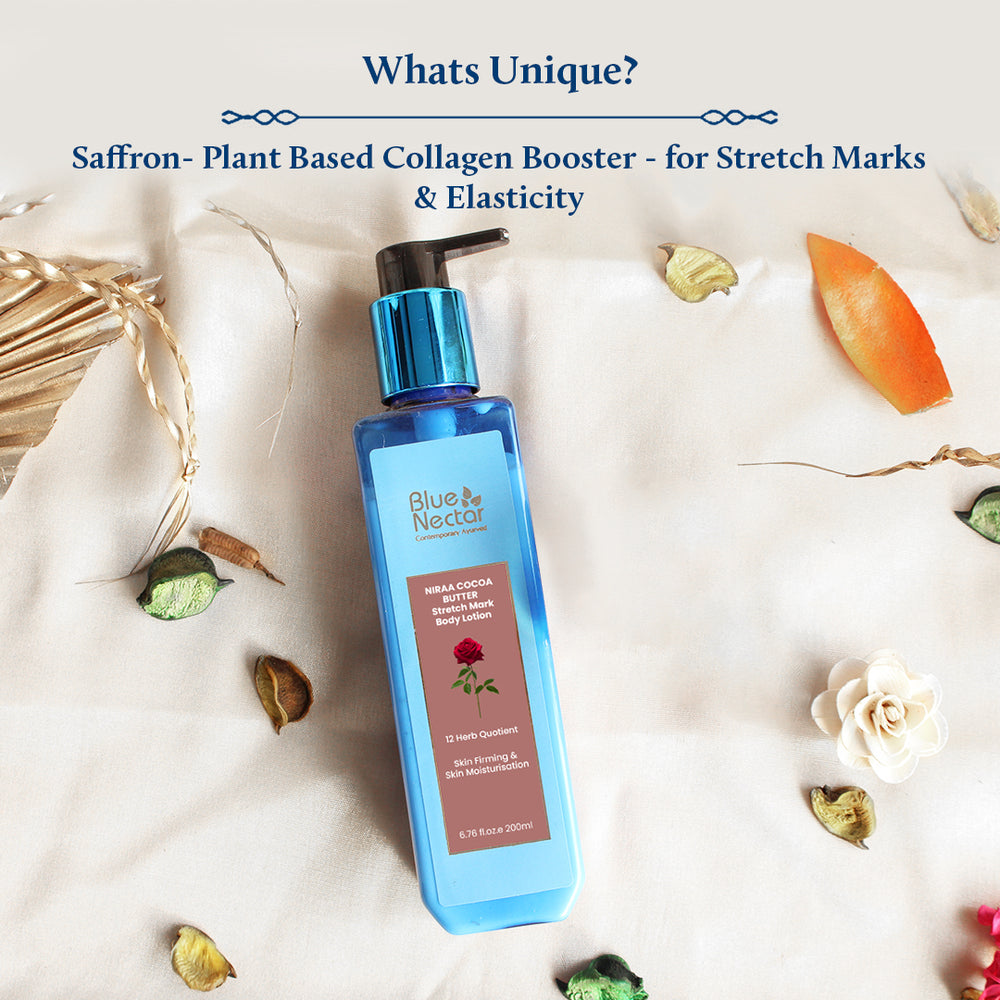
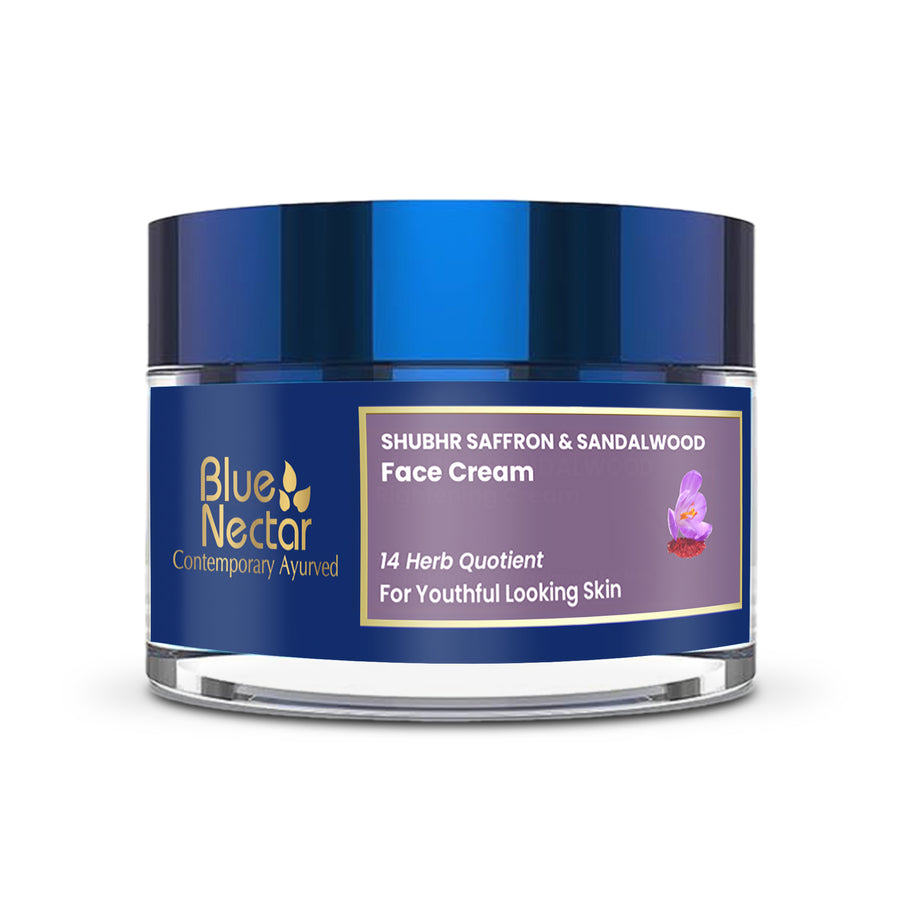
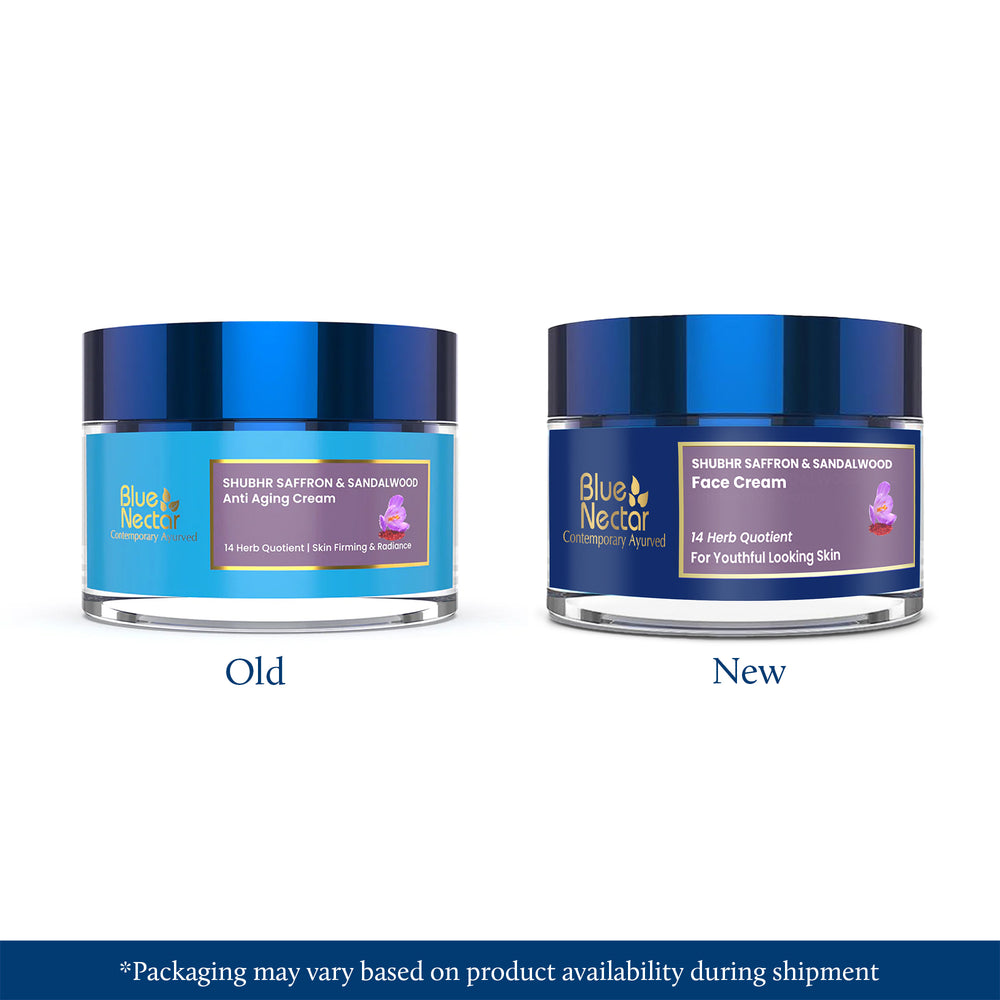
This explains a lot! Thank you. I needed this!!
Leave a comment